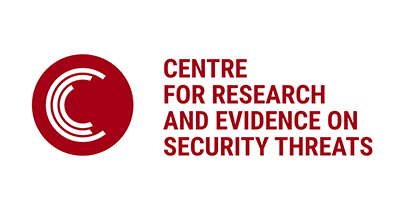
'Hot periods' of anti-minority activism and the threat of violent domestic extremism: Towards an assessment framework
Funder
CREST
Total value of project
£124,868
Project team
Collaborators
Julia Ebner, Institute for Strategic Dialogue; Dr Gareth Harris, Independent Researcher; Dr Graham Macklin, Center for Research on Extremism (C-REX), University of Oslo
Duration of project
2019 - 2021

Project overview
This project will generate new policy- and practice-relevant insight about the pathways towards and away from violence during ‘hot periods’ of anti-minority activism, understood as those periods in which anti-minority groups intensify their efforts to influence policy and public opinion and capture media, policy and public attention.
The project integrates analysis of offline and online developments relevant to these ‘hot periods’. Each case study combines documentary analysis with key informant interviews and social media analysis.
Project objectives
Drawing on case studies of four towns or cities across three countries (UK, Germany and USA) that have become the focal points for such periods of intense anti-minority activism within recent history, the project will generate much-needed understanding about:
- How and why some towns become national or international focal points for anti-minority activism at particular points in time;
- How and why these periods of intense anti-minority activism become more or less violent, and how this is shaped by the local, national and international context, and by the actions of anti-minority activists themselves, counter-movement actors, law enforcement and other relevant state and non-state actors;
- The repercussions of escalation of violence for the groups and movements involved and the towns and cities where such escalation takes place.




